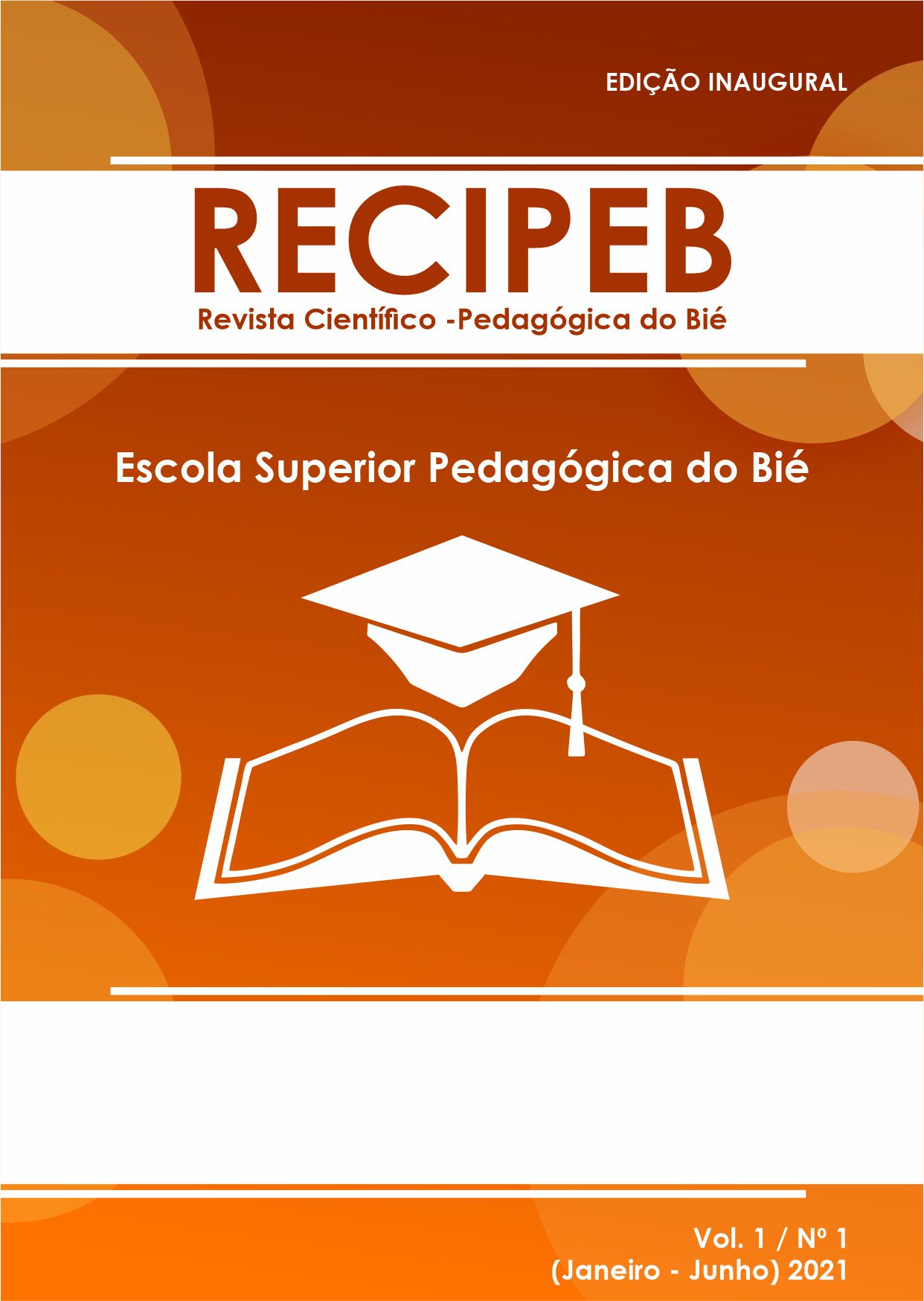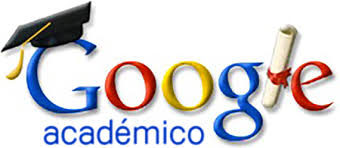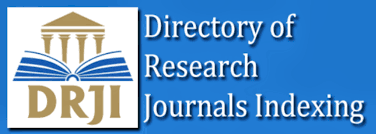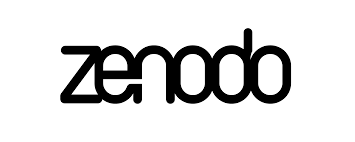Decolonial understanding: scientific texts as a possibility of human creation
Keywords:
scientific production;, scientific text, research subject, political mission, historical writingAbstract
The research presented is the product of the research line: Community Decolonial Integration, Pedagogy and Evaluation in the training of professionals; from which the methodology of discourse analysis was approached to accommodate the objective of the inquiry that consisted of analyzing scientific production in the social sciences. This is how scientific production is revealed as a natural occurrence of the human being, a product of their investigations and / or inquiries that involves their thinking and feelings, from where the scientific act is presented not as an unattainable phenomenon of education, but as a serious work, possible to carry out, of unequal passion, from where the human being fulfils part of his political mission in humanity, giving contributions and onto-epistemological communications to the cultural dynamics of the regions and peoples. For this reason, the human being is revealed, as a spiritual human entity with great opportunities, with much to offer and contribute, remembering the great responsibility of writing history and its possible changes based on social benefit and the recovery of idiosyncrasies, worth and prosperity of the nations. In this, the recovery of the human being of himself is rescued, in it, shedding the colonial ties that have suppressed and denied him for a long time.
References
Academic Texts. (2012). El texto académico. Disponible en: http://ig2.blog.unq.edu.ar/wp-content/uploads/sites/72/2016/03/El-textoacad%C3%A9mico.pdf [Consulta: 2021, julio 07].
Bauman, Z. (2002). Modernidad Líquida. México: Fondo de Cultura Económica.
Dussel, E. (2005). Transmodernidad e Interculturalidad (Interpretación desde la Filosofía de la Liberación). México: UAM-Iz.
Dussel, E. (2020). Cuando la naturaleza jaquea la orgullosa Modernidad. Blog nuestrAmérica. Periódico de divulgación científico-académica y social. 3. 1-3
Guzmán, W. (2014). Epistemología de la formación de investigadores educativos en la universidad venezolana. Alemania: PUBLICIA.
Lemus, J. G (2020a) Subversión del docente universitario: ¿necesidad o vanidad? TELOS: Revista de Estudios Interdisciplinarios en Ciencias Sociales, 22 (1), 31-44.
Lemus, J. G. (2020b). Miradas Críticas a la Dinámica Universitaria desde los Principios de Nonaka y Takeuchi. Revista Electrónica de la Red Durango de Investigadores Educativos, A. C, (22), 88-98.
Lemus, J. G. (2020c). Formación Docente Comunitaria Decolonial en la Universidad Venezolana. Revista Angolana de Ciencias, 2(1), 32-55.
Moreno, A. (2007). La investigación convivida: La experiencia vivida como horizonte epistemológico-práxico de la investigación en ciencias sociales. Espacio Abierto, 16(2), 223-241.
Morín, E. (2002). Ética y globalización. Los desafíos éticos del desarrollo. Buenos Aires, Argentina: S. E.
Morín, E. (2006). Ética. El método VI. Madrid: Ediciones Cátedra.
Morín, E. (2011). La vía para el futuro de la humanidad. Barcelona: Ediciones Paidós.
Peñalver, L. (2011). La Formación Docente en Venezuela. Retos y Posibilidades. Caracas: Mimeo.
Pereira, P. (2011). El hombre culto: una aproximación a la Historia de la Cultura Griega, de Jacob Burckhard, Historiografías, 1, 23-34.
Rodríguez, M, Cantalapiedra, Z & González, M. (2016). Problemas frecuentes en la redacción de artículos científicos, EDUSOL, 16(57), 137-147.
Rodríguez, M. (2019) Los Investigadores Educativos, Transdisciplinares, Ecosóficos y Antropoéticos: Retos Venezolanos. Revista Ratio Juris, 14 (28), 161-184 UNAULA.
Rodriguez, M. E., & Lemus Maestre, J. G. (2020). Re-ligaje del docente universitario venezolano en el proyecto transmoderno. RAC: Revista Angolana De Ciências, 2(3), 320 - 345. https://doi.org/10.54580/R0203.05
Romero, C. (2011). Escritura académica: Errores que usted no cometerá cuando redacte su artículo científico. Disponible en: https://www.redalyc.org/articulo.oa?id=322227526007. [Consulta: 2021, julio 07].
Downloads
Published
How to Cite
Issue
Section
License
Copyright (c) 2021 José Gregorio Lemus Maestre

This work is licensed under a Creative Commons Attribution-NonCommercial-ShareAlike 4.0 International License.
















